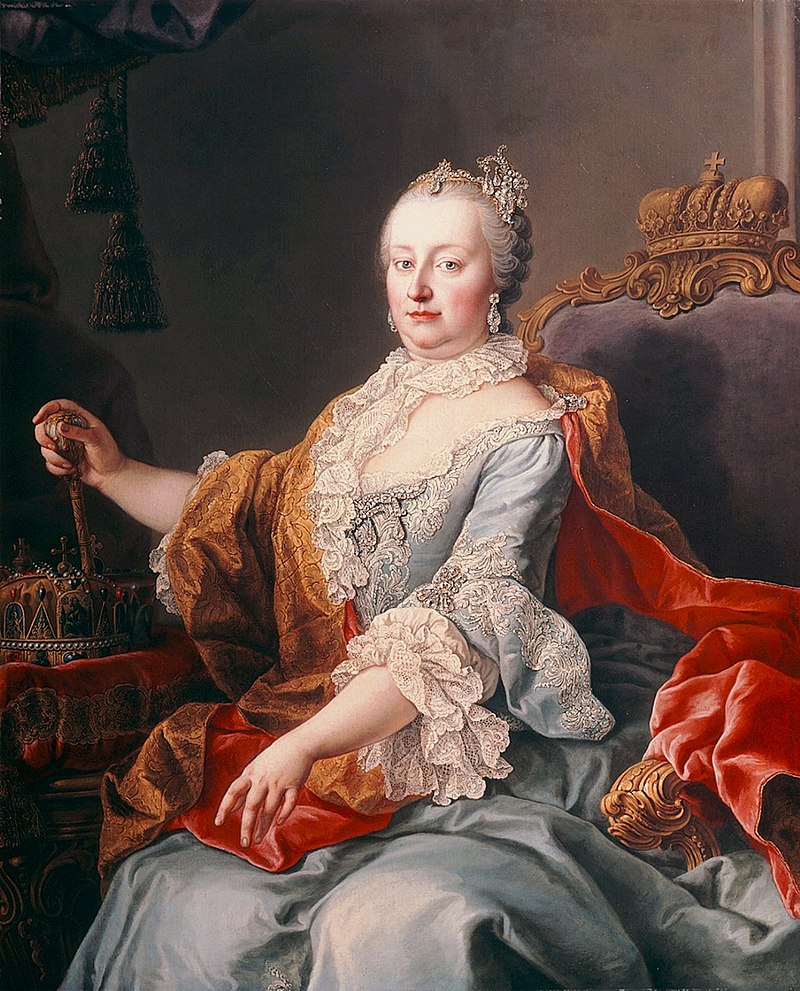External Challenges/Rival Empires
SEMINAR OVERVIEW:
This seminar contributes to the exploration of political and cultural encounters and relationships, by looking at European empires' interactions with other political systems. We will discuss the nature of the external challenges that European empires faced in this period, also exploring European perceptions of other political systems. We will focus on the ways in which European systems were shaped by these perceptions and challenges.
SEMINAR QUESTIONS:
- What were the characteristics of early modern empires?
- How did European empires compare to Asian empires?
- What were the challenges facing rulers of early modern empires?
- Which factors contributed to the rise and decline of empires?
- How did imperial regimes affect economic change in the regions that they ruled?
PRIMARY SOURCE:
The Turkish letters of Ogier Ghiselin de Busbecq, imperial ambassador at Constantinople, 1554-1562 : translated from the Latin of the Elzevir edition of 1663 / by Edward Seymour Forster ; with a foreword by Karl A. Roider (Louisiana State University Press, 2005) pp. 58-66, available here in Google Books (or click hereLink opens in a new window for the extract from an older edition)
Questions about the source:
- Pay attention to the aspects Busbecq chooses for comparison between the Ottomans and 'the west': what does he like about the Ottoman army, their administrative system, attire, and so on? What does he criticise about European attitudes to the same issues?
- According to Busbecq, what are the reasons behind the successes of the Ottomans? Do you feel these are realistic observations or is he exaggerating a little? If so, what are his reasons for embellishment?
- How is the Persian ambassador treated by the Ottomans, and how does this compare to the way Busbecq was received?
ESSENTIAL READING:
Subrahmanyam, Sanjay, ‘A Tale of Three Empires: Mughals, Ottomans, and Habsburgs in a Comparative Context’ Common Knowledge 12 (1) 2006, pp. 66-92.
RECOMMENDED READING:
Burbank, J., and F. Cooper, Empires in World History: Power and the Politics of Difference (2010), ch. 5
Casale, G., ‘The Islamic Empires of the Early Modern World’, in J. Bentley, S. Subrahmanyam, and M.E. Wiesner-Hanks, eds., The Cambridge World History, Volume 6: The Construction of a Global World, 1400-1800 CE, Part 1: Foundations (2015)
Dandelet, T., The Renaissance of Empire in Early Modern Europe (2014), ch. 2
Elliott, J.H., ‘A Europe of composite monarchies’, Past and Present, 137 (1992)
Elliott, J. H., ‘Ottoman-Habsburg Rivalry: The European Perspective’, in Süleymân the Second and His Time, eds. Halil İnalcık and Cemal Kafadar (Istanbul: Isis Press, 1993), pp. 153-62
Baldwin, James, ‘European relations with the Ottoman world’, in Beat Kümin (ed.), The European World (3rd ed, 2018), 171-81.
C.K. Woodworth, ‘Ocean and Steppe: Early Modern World Empires‘, Journal of Early Modern History 11.6 (2007), 501-518
FURTHER READING:
The Mughal Empire:
Alam, M,. and S. Subrahmanyam, eds., The Mughal State 1526-1750 (1998)
Athar Ali, M., Mughal India: Studies in Polity, Ideas, Society, and Culture (2006)
Balabanlilar, L., Imperial Identity in the Mughal Empire: Memory and Dynastic Politics in Early Modern South and Central Asia (2012)
Bhargava, M., ed., The Decline of the Mughal Empire (2014)
Dalmia, V., and M.D. Faruqui, Religious Interactions in Mughal India (2014)
Schimmel, A., The Empire of the Great Mughals: History, Art and Culture (2004)
The Ottomans:
Aksan, V., and D. Goffman (eds.), The Early Modern Ottomans: Remapping the Empire (New York: Cambridge University Press, 2007).
Aksan, V. ‘Ottoman War and Warfare, 1453-1812’, in War in the Early Modern World, ed. Jeremy Black (London: UCL Press, 1999), pp. 147-75.
Aksan, V.. Ottoman Wars 1700-1870: An Empire Besieged (Harlow: Pearson, 2007).
Faroqhi, S. N., (ed.), Cambridge History of Turkey: Vol. 2 The Ottoman Empire as a World Power, 1453-1603 (2012) (ebook) and Cambridge History of Turkey: Vol. 3 The Later Ottoman Empire, 1603-1839 (2006) (ebook)
Finkel, C., Osman’s Dream: The Story of the Ottoman Empire (London: John Murray, 2006).
Kafadar, Cemal, “The Ottomans and Europe: 1400-1600,” in Thomas A. Brady Jr., Heiko A. Oberman, and James D. Tracy (eds), Handbook of European History, 1400-1600: Late Middle Ages, Renaissance, and Reformation (Leiden: Brill, 1994)
Woodhead, C., ed., The Ottoman World (Abingdon: Routledge, 2012)
Russia:
Dukes, P., The Making of Russian Absolutism 1613-1801 (1990)
Hughes, L., Russia in the Age of Peter the Great (1998)
Kappeler, A., The Russian Empire: a Multiethnic History (2001)
Kollmann, Nancy Shields, By Honor Bound : State and Society in Early Modern Russia (Ithaca: Cornell University Press, 1999)
Shaw, D.J.B., ‘“A strong and prosperous condition” - the geography of state building and social reform in Peter the Great’s Russia’, Political Geography 18 (1999)
Taylor, B., Politics and the Russian Army: Civil-Military Relations 1689-2000 (2003)
< /body>

Shah Jahangir, Mughal Emperor 1605-1627

Emperor Mehmed III of the Ottoman Empire 1595-1603

Maria Theresa, Holy Roman Empress 1740-80
